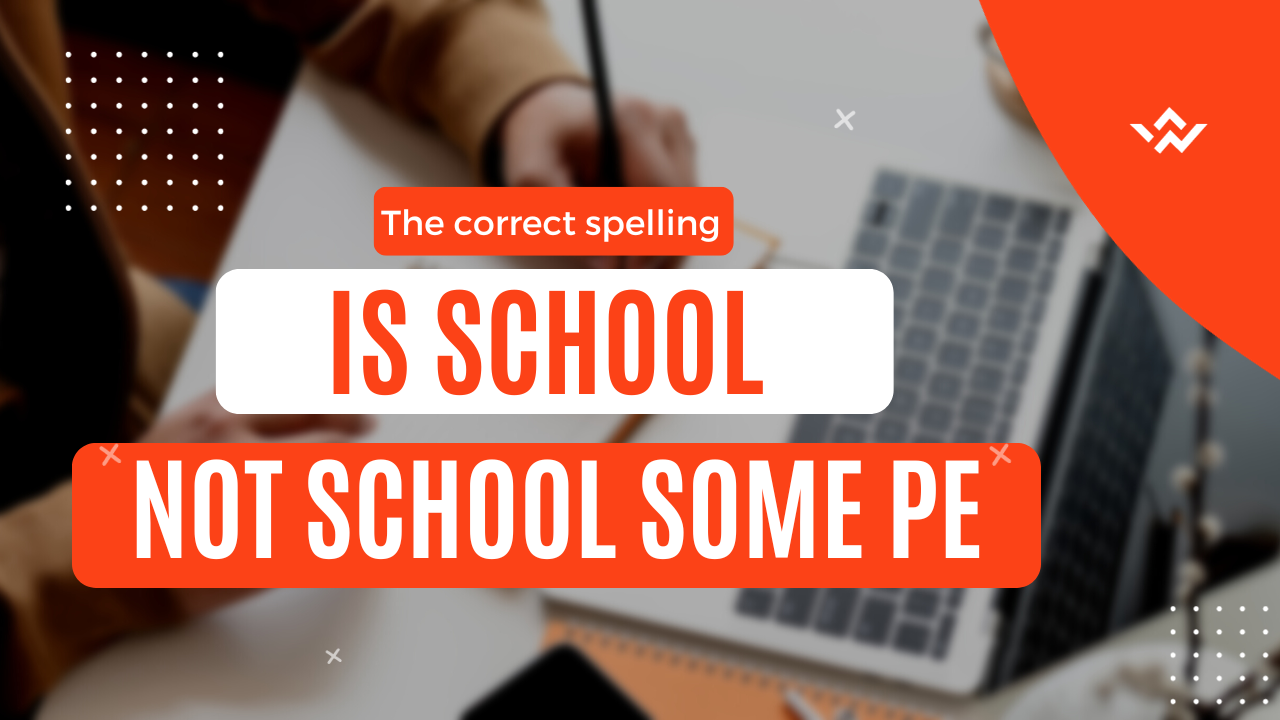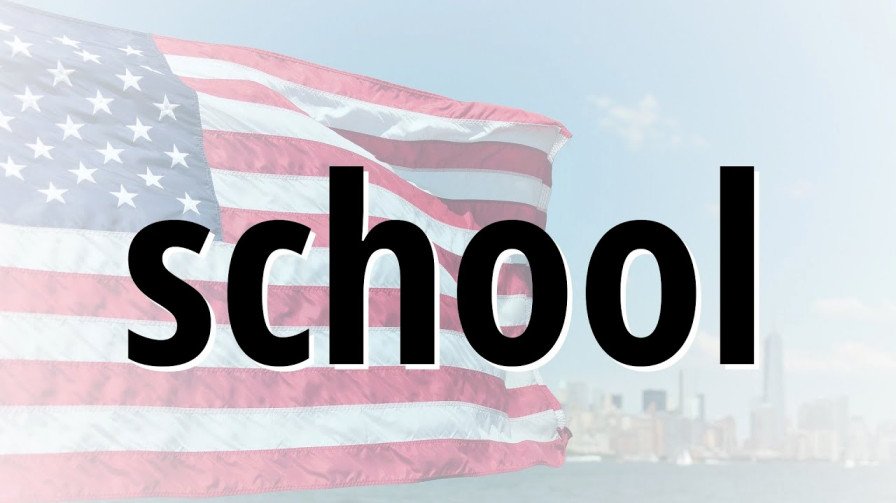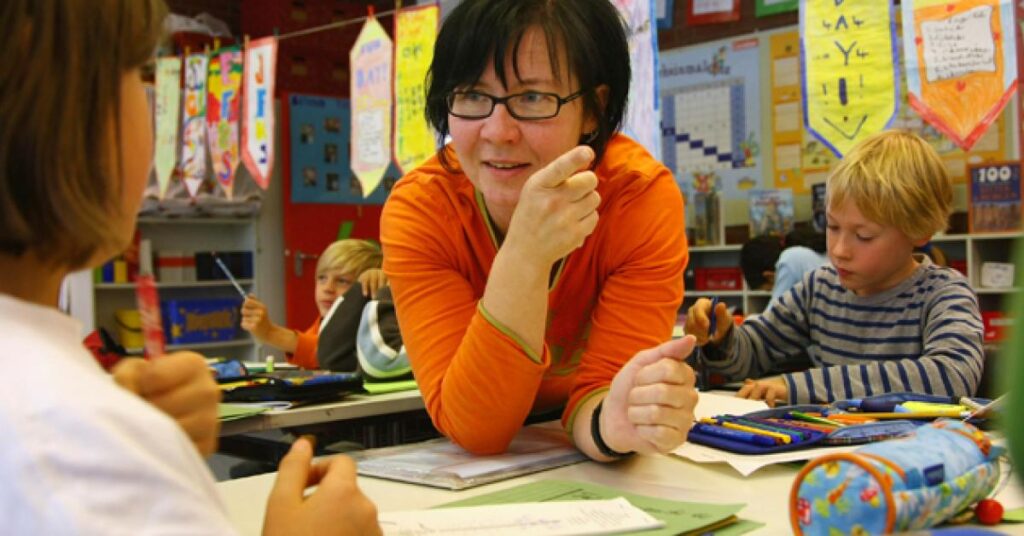Introduction:
the correct spelling is school not school. some pe – tymoff In the vast landscape of the internet, language is a dynamic entity that constantly evolves, adapting to the changing trends and preferences of its users. One such phenomenon that has gained prominence in recent years is the intentional misspelling of words, often referred to as internet slang. Among these linguistic quirks, the transformation of “school” into “skoool” has become a noticeable trend. In this article, we will delve into the origins, implications, and societal impact of this unconventional spelling, exploring the blurred lines between linguistic innovation and potential misunderstandings.

The Evolution of Internet Slang:
The internet, with its rapid exchange of information and the diverse communities it hosts, has given rise to a unique form of communication. Internet slang is a collection of informal expressions, abbreviations, and intentional misspellings that have permeated digital conversations. The purpose often extends beyond mere linguistic innovation; it serves as a tool for identity construction, group bonding, and the creation of online subcultures.
“Skoool” and Its Origins:
The deliberate alteration of “school” to “skoool” exemplifies the playful and experimental nature of internet slang. This transformation is not arbitrary; it is a purposeful deviation from conventional spelling norms. The repetition of letters, such as the substitution of “oo” for “oo,” adds a distinctive touch, suggesting a casual and carefree tone.
The Rise of Memes and Memetic Language:
Internet memes, which are humorous images, videos, or pieces of text that are rapidly shared and modified by internet users, play a significant role in the dissemination of internet slang. The “skoool” phenomenon likely gained traction through memes, where the intentional misspelling served as a form of linguistic play. As memes circulate widely, they contribute to the normalization of such language variations.

Social Media’s Influence on Language:
Social media platforms, with their character limits and emphasis on brevity, have accelerated the adoption of internet slang. Users often resort to unconventional spellings to convey messages succinctly and with a touch of humor. The ease of sharing content on these platforms facilitates the rapid spread of linguistic trends, further blurring the lines between traditional and internet-mediated language.
must raed=can tonsils grow back after being removed
Linguistic Innovation or Deterioration?
The intentional misspelling of words raises questions about the nature of linguistic innovation and whether such deviations contribute to language enrichment or deterioration. Language has always been a dynamic entity, evolving over time due to cultural, technological, and social influences. However, the deliberate alteration of spelling for humorous or aesthetic purposes challenges conventional notions of linguistic correctness.
Potential Misunderstandings:
While internet slang fosters a sense of community among users who share a common understanding of these linguistic variations, it can lead to misunderstandings when encountered by those unfamiliar with the trend. The intentional misspelling of words like “school” may create confusion, particularly in formal or educational settings, where adherence to standard language conventions is paramount.

The Impact on Educational Settings:
The prevalence of internet slang in online communication raises questions about its appropriateness in educational settings. As students engage in digital communication, they may carry over internet slang into academic contexts, potentially affecting their written communication skills. Educators must navigate the fine line between embracing linguistic creativity and instilling a sense of linguistic responsibility.
Conclusion:
In the ever-evolving landscape of internet language, the intentional misspelling of words like “school” as “skoool” reflects the playful and dynamic nature of online communication. While internet slang contributes to a sense of community and identity among users, it also poses challenges in terms of potential misunderstandings and its impact on formal settings. As language continues to adapt to the digital era, the correct spelling remains a point of contention, sparking debates about linguistic innovation, appropriation, and the balance between creative expression and adherence to established norms.


